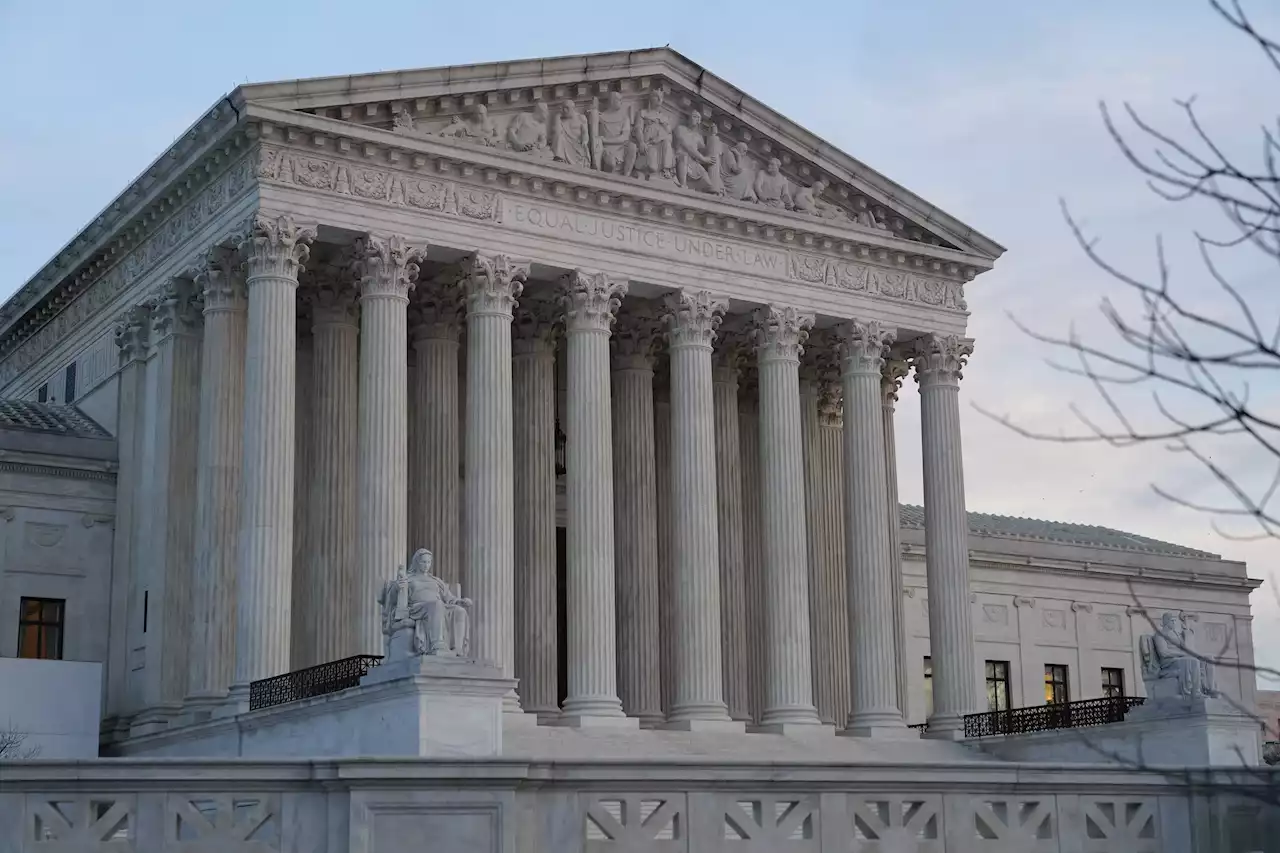Twenty-six words tucked into a 1996 law overhauling telecommunications have allowed companies like Facebook, Twitter and Google to grow into the giants they are today. Two cases before the U.S. Supreme Court being argued this week challenge this law.
that can host trillions of messages from being sued into oblivion by anyone who feels wronged by something someone else has posted — whether their complaint is legitimate or not.
Section 230 also allows social platforms to moderate their services by removing posts that, for instance, are obscene or violate the services’ own standards, so long as they are acting in “good faith.”The measure’s history dates back to the 1950s, when bookstore owners were being held liable for selling books containing “obscenity,” which is not protected by the First Amendment.
CompuServe was sued over that, and the case was dismissed. Prodigy, however, got in trouble. The judge in their case ruled that “they exercised editorial control — so you’re more like a newspaper than a newsstand,” Kosseff said.That didn’t sit well with politicians, who worried that outcome would discourage newly forming internet companies from moderating at all. And“Today it protects both from liability for user posts as well as liability for any claims for moderating content,” Kosseff said.
Canada Latest News, Canada Headlines
Similar News:You can also read news stories similar to this one that we have collected from other news sources.
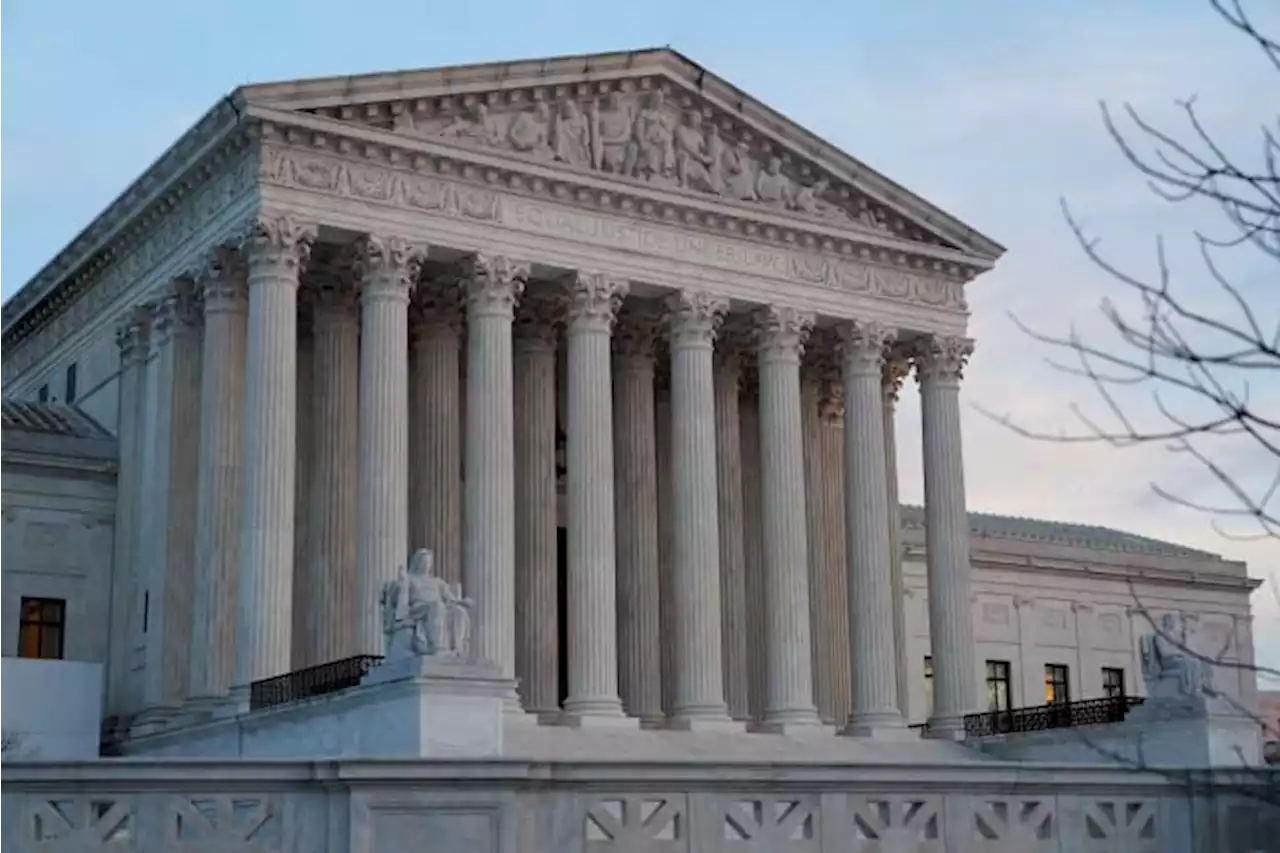 What is Section 230, the rule that made the modern internet?Twenty-six words tucked into a 1996 law overhauling telecommunications have allowed companies like Facebook, Twitter and Google to grow into the giants they are today.
What is Section 230, the rule that made the modern internet?Twenty-six words tucked into a 1996 law overhauling telecommunications have allowed companies like Facebook, Twitter and Google to grow into the giants they are today.
Read more »
 What is Section 230, the rule that made the modern internet?Twenty-six words tucked into a 1996 law overhauling telecommunications have allowed companies like Facebook, Twitter and Google to grow into the giants they are today.
What is Section 230, the rule that made the modern internet?Twenty-six words tucked into a 1996 law overhauling telecommunications have allowed companies like Facebook, Twitter and Google to grow into the giants they are today.
Read more »
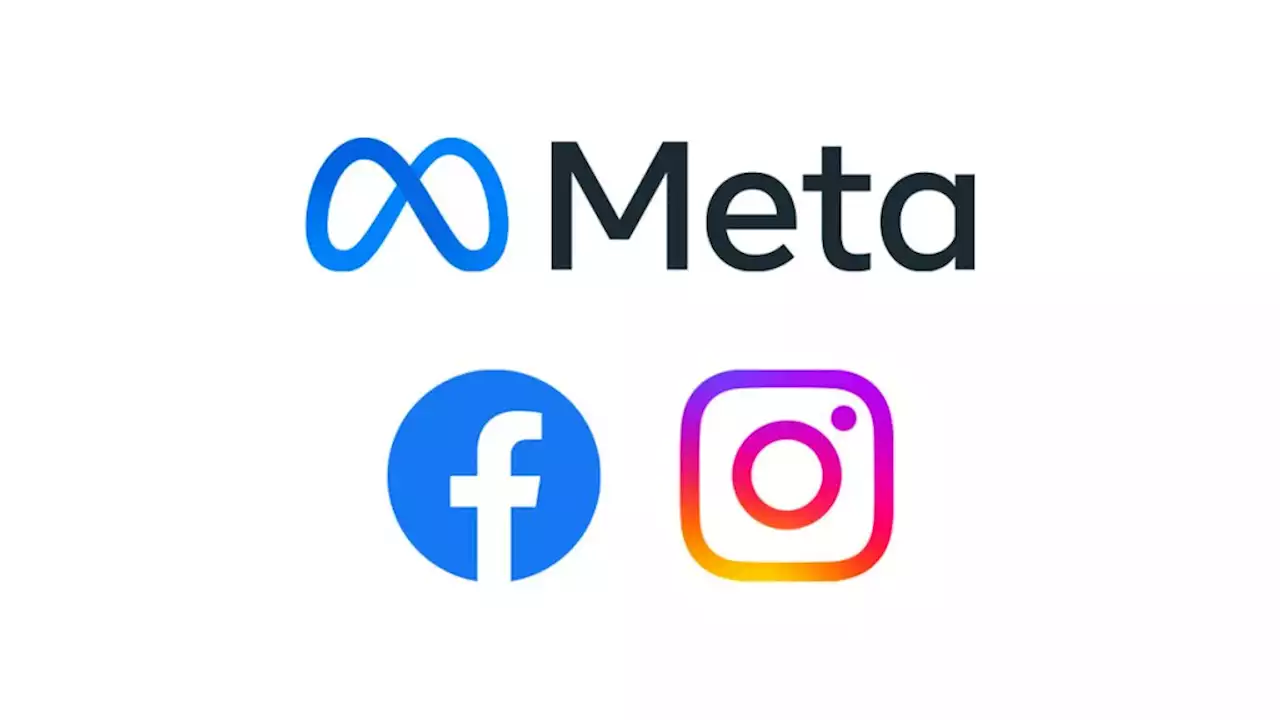 Meta Verified: Paid Verification Service For Instagram & Facebook Rolling Out Following Twitter’s FootstepsMeta, the parent company of Facebook and Instagram, is launching a paid verification service that will give their users a blue checkmark. “This week we’re starting to roll out Meta Veri…
Meta Verified: Paid Verification Service For Instagram & Facebook Rolling Out Following Twitter’s FootstepsMeta, the parent company of Facebook and Instagram, is launching a paid verification service that will give their users a blue checkmark. “This week we’re starting to roll out Meta Veri…
Read more »
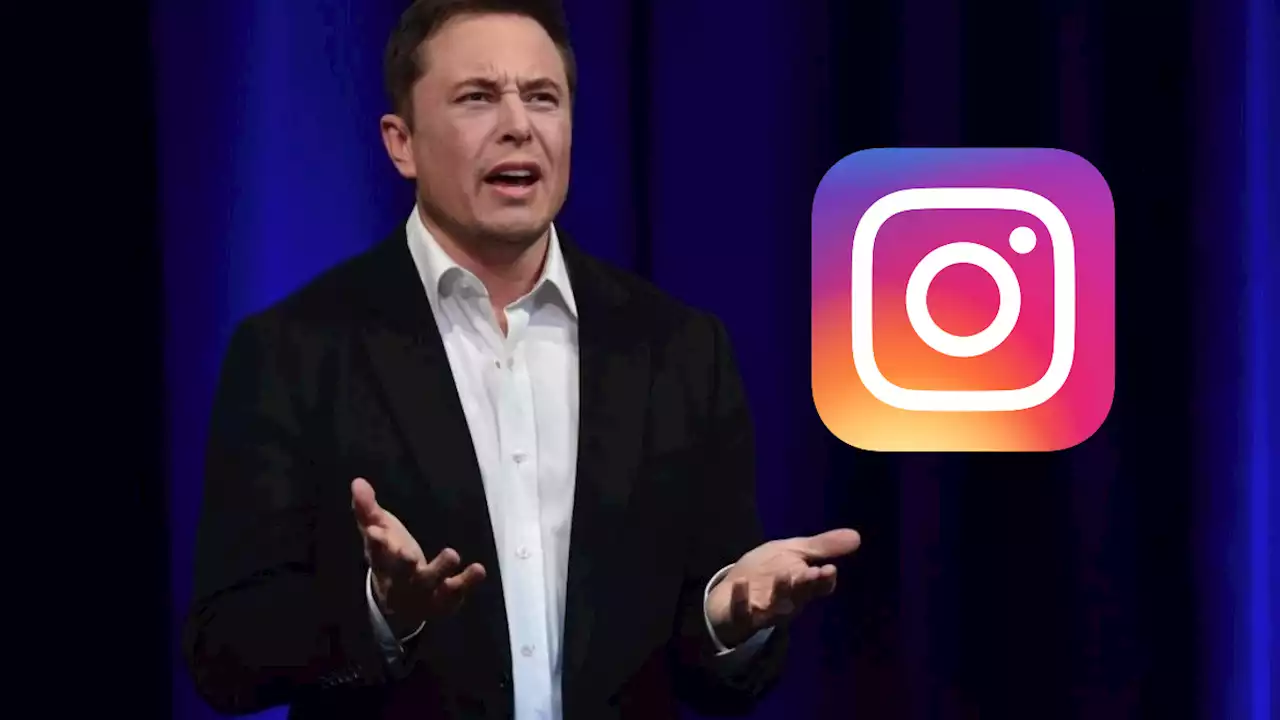 Facebook and Instagram Copying Hated Twitter FeatureLast year, Twitter began charging users for verification, in a decision that proved disastrous for [...]
Facebook and Instagram Copying Hated Twitter FeatureLast year, Twitter began charging users for verification, in a decision that proved disastrous for [...]
Read more »
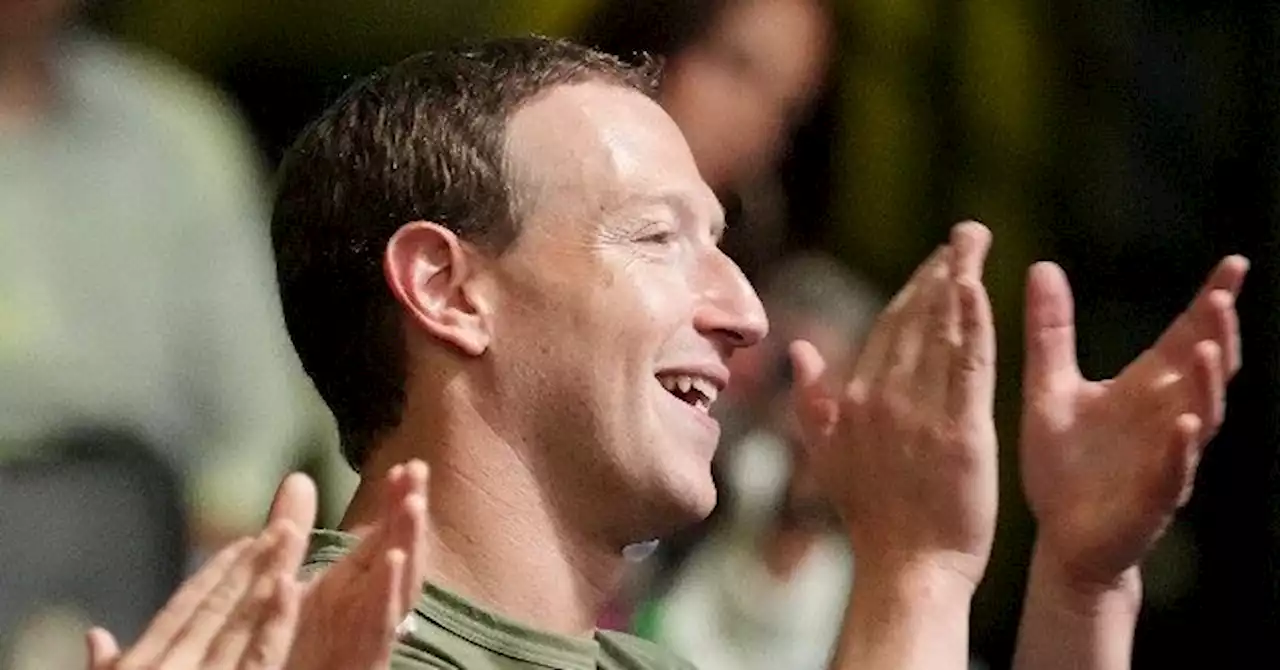 Zuck Follows Elon: Facebook Introduces Paid Verification Service After Twitter Blue RolloutFacebook is introducing a new paid service called Meta Verified, enabling users on both its main platform and Instagram to obtain the coveted blue verification badge. The move comes shortly after Elon Musk created a paid verification service for Twitter.
Zuck Follows Elon: Facebook Introduces Paid Verification Service After Twitter Blue RolloutFacebook is introducing a new paid service called Meta Verified, enabling users on both its main platform and Instagram to obtain the coveted blue verification badge. The move comes shortly after Elon Musk created a paid verification service for Twitter.
Read more »
 Like Twitter, Facebook and Instagram could begin charging for verification badgeThe use of verification badges came after websites like Facebook and Twitter encountered issues with impersonation accounts.
Like Twitter, Facebook and Instagram could begin charging for verification badgeThe use of verification badges came after websites like Facebook and Twitter encountered issues with impersonation accounts.
Read more »
